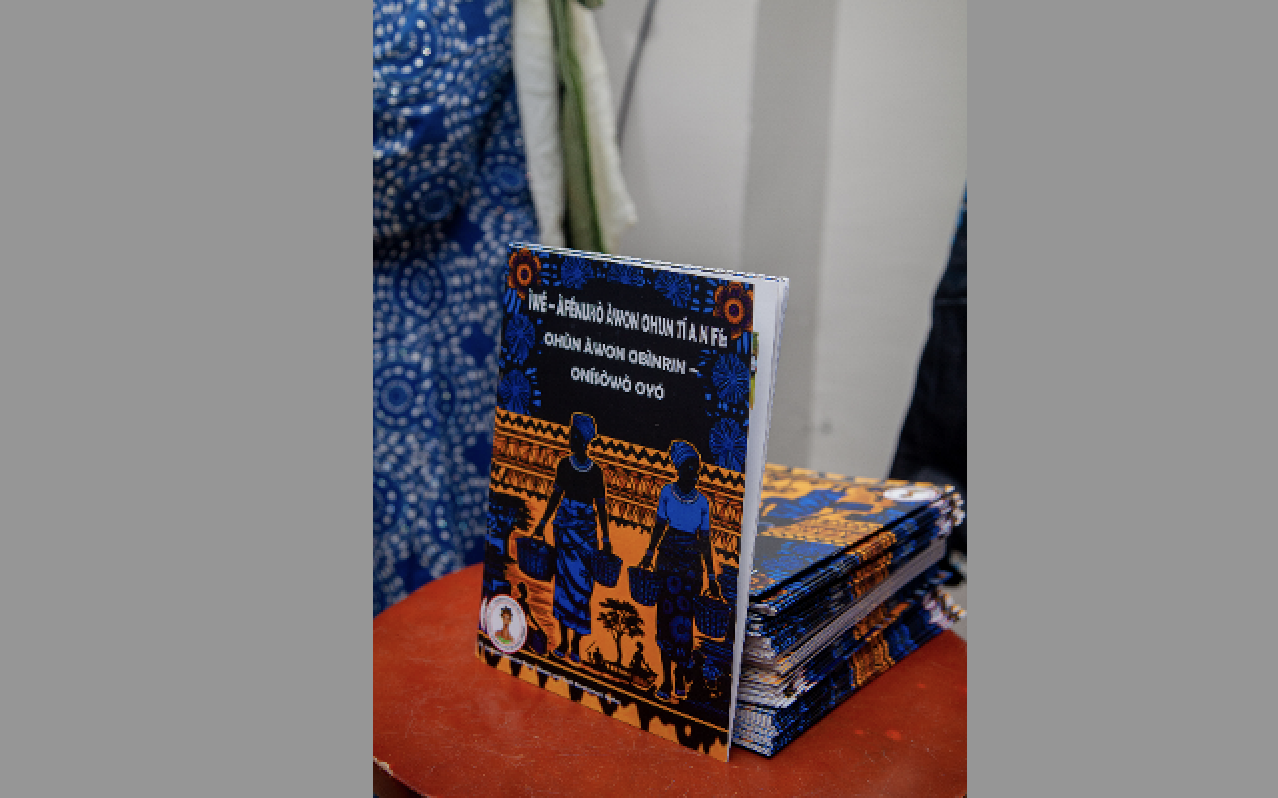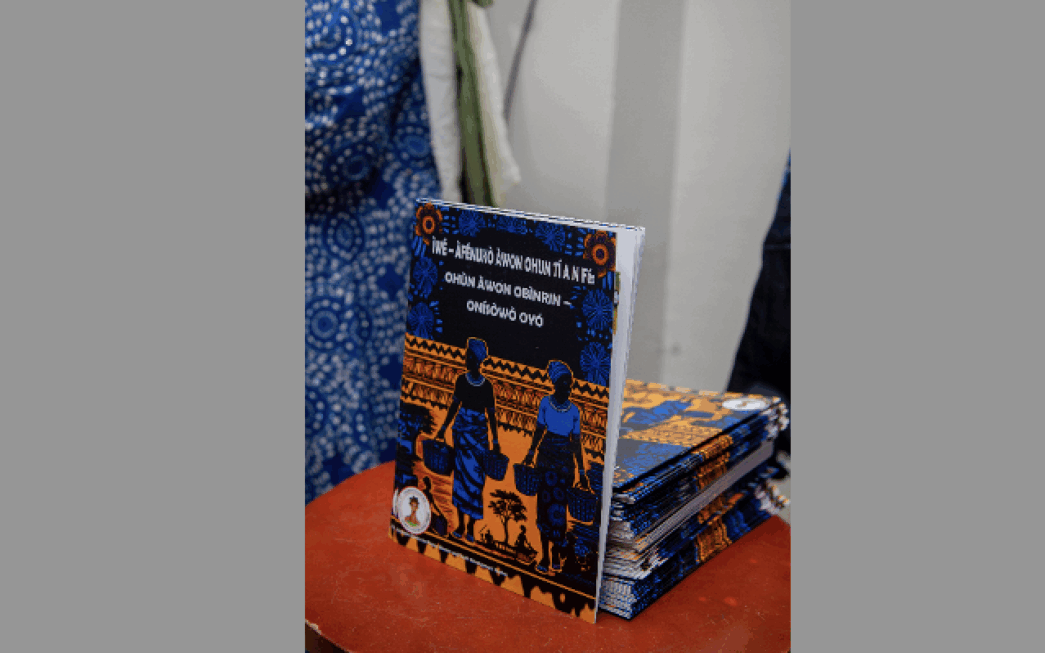For generations, Yoruba market women have been the heartbeat of community life, sustaining families, driving local economies, and anchoring the informal sector that keeps Nigeria fed. From the revered Iya’lojas who once advised kings to the traders who financed independence movements, these women were more than mere merchants; they were leaders and nation builders.
Regrettably, their legacy of power and dignity has been steadily eroded by neglect and political manipulation. The newly launched ‘Charter of Demands: Voices of Market Women in Oyo State’ seeks to change that narrative. Produced by the Iyamopo Centre for Peace, Women and Youth Development, Ibadan with support from the Heinrich Böll Foundation, Abuja, the Charter is a landmark document — a bold call for recognition, justice and transformative development.
The Charter blends history, policy critique, and poetry to deliver a clear message: market women are not seeking charity, but fairness. ‘We are not asking for handouts,’ the women declare. ‘We are asking for dignity, opportunity, and justice.’
Across Oyo State, the markets that once symbolized women’s enterprise are now shadows of their former selves. Traders operate in unsafe, unhygienic conditions – without clean water, sanitation, electricity, or basic safety systems. They pay multiple taxes and illegal levies to touts and agents, yet see no visible investment in infrastructure.
Advertisement
Compounding this hardship is internal leadership fragmentation. The traditional Iya’loja-General system, once the voice of collective authority, has been weakened by political interference and prolonged disputes. The Charter therefore calls for transparent resolution of the crisis and formal recognition of market associations as legitimate partners in governance.
At its core, the Charter outlines practical steps toward inclusive development. Among its key demands are:
- Leadership reform: Resolve the Iyaloja-General crisis through lawful means and restore unified leadership.
- Economic justice: End multiple taxation, regulate levies, and promote transparent revenue systems. Expand access to microcredit and business education.
- Infrastructure renewal: Provide clean water, sanitation, lighting, and fire safety in markets.
- Social protection: Extend health insurance, welfare, and pension plans to traders. Establish mobile clinics and childcare facilities within markets.
These are not radical ideas; they are the foundations of a just society and a thriving economy. Empowering market women is not merely a social goal — it is sound economic policy.
Advertisement
The Charter calls on the Oyo State Government, legislators, local councils and other decision makers to engage meaningfully with market women in designing empowerment, health, and education programmes. It affirms that supporting market women is not an act of benevolence; it is an investment in the informal economy, which contributes over half of Nigeria’s GDP. Ignoring this vital workforce only weakens the state’s development agenda.
Beyond its policy proposals, the Charter of Oyo Market Women reclaims a long-overlooked truth: that women at the grassroots are the backbone of democracy. Their leadership is grounded in lived experience — in the dawn-to-dusk labour that sustains homes and feeds cities.
By organizing under a unified platform, Oyo’s market women are not only demanding reform; they are reasserting their rightful place in Nigeria’s social and economic landscape. They remind us that democracy must be inclusive — that progress cannot leave behind those whose toil sustains us all.
The Charter closes with a powerful appeal: ‘Our collective progress and the prosperity of Oyo State depend on the empowerment of its market women.’ The voices rising from Oyo state’s markets are not whispers of complaint but calls for justice. And justice, in this case, begins with recognition.
Advertisement
The Oyo State Market Women’s Charter is more than a petition; it is a manifesto of dignity. It demands that government see market women not as background actors but as co-authors of development. Their voices are not just echoing through the markets of Oyo State — they are sending a message to the nation that economic justice is justice for women. The market women of Oyo State have spoken. The question now is — will those in power listen?
Amachree is the Gender Focal Point and Programme Manager, Rethinking Politics at the Heinrich Böll Foundation, Abuja.
Advertisement
Views expressed by contributors are strictly personal and not of TheCable.










